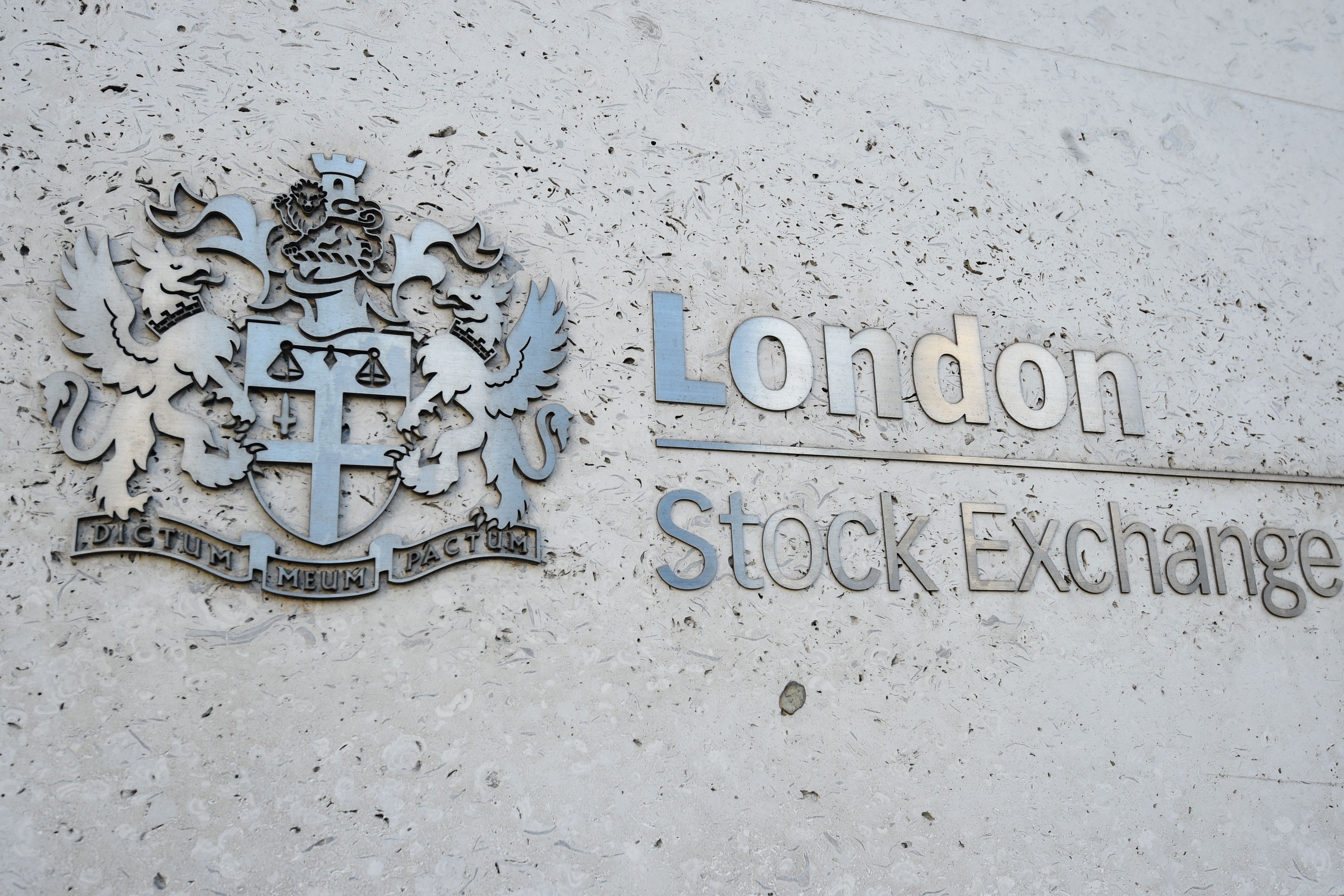Should investors be wary of London listing rules shake-up?
There has been a global race to the bottom when it comes to regulation, writes James Moore – but is Britain joining in?


Plans by the City watchdog to shake up the rules companies must follow to list on the London Stock Exchange have sparked debate among investors, who will have to deal with the consequences, good and bad.
Under the changes, proposed by the Financial Conduct Authority (FCA), companies that disdain best practice when it comes to corporate governance will no longer have to do business in economy class. There will be an end to “premium” listings for companies that tick the right box, alongside an easier path to the market for candidate companies and greater tolerance of the dual-class shares beloved by tech company founders who like to have 10 times the votes of those whose funds they tap. They won’t even have to hold votes on the acquisitions they want to make.
It is interesting to note where the some of the initial criticisms of the plans came from following their announcement: active managers such as Jupiter and Newton (per the Financial Times), whose funds aim to beat the market by picking what they see as the best stocks.
The concerns they expressed about losing some of their voting rights or potentially having them diluted is understandable. They will use influence. Those rights were also hard won.
On the other hand, the nature of their funds means their managers will be at liberty to eschew companies that take advantage of the new rules by flouting what was previously seen as best practice.
You could make the case that if these reforms succeed in luring more companies to London, and they’re a mixed bag of the good, the bad and the ugly, it will put a premium on stock pickers’ skills. They will have the chance to differentiate themselves by showing off their ability to sort the wheat from the chaff in this new Wild West that the regulator, cheered on by the government, wants to create.
The bigger problem by far would appear to be for those who invest in tracker funds – the cheap and cheerful part of the investment world. These funds aim to “track” the performance of a particular stock index, like the FTSE 100 or the FTSE All Share, or one of the various sub-indices. You can get health or tech trackers, too, if that takes your fancy. They account for a substantial proportion of the money invested in the London market.
They’re popular because they’re simple and easy to understand, and because they often represent good value when compared to funds run by stock pickers (which can struggle to beat trackers after charges are accounted for, and sometimes before).
To their credit, tracker managers such as Legal & General have sought to improve corporate behaviour (and performance) through the use of the substantial voting power the money under their control gives them. They’ve as much to fear from losing voting power as their counterparts in the actively managed world.
The problem with trackers is that you get what you’re given. If the FTSE is going to include DodgyTech plc, or DodgyOverseasNaturalResourcesConcern with just a boilerplate office in London, that’s what you’re going to be stuck with. And if they behave badly? Tough luck.
Of course, the theory is that you might also get more WhizzySuperTech plc in your fund if they can be enticed to stay at home, which would make for a more exciting and dynamic market to track given the marked decline in listings (especially from the more exciting sort of company). The most obvious example of that is Cambridge-based chip designer ARM Holdings; the fact that it didn’t even bother with a secondary when SoftBank returned it to public ownership was a catalyst for the rule-changes.
Sadly, there has been something of a global race to the bottom when it comes to regulation. And while London has resisted, the gold standard has lost some of its shine; it’s not much fun sitting in splendid isolation if doing so makes you poorer.
Of course, London’s travails aren’t solely down to regulation. Brexit doesn’t encourage exciting, globally minded companies to come here. But perhaps the biggest reason the closest they get to the City is a business lounge at Heathrow is that there is a substantial investor base with an appetite for growth companies elsewhere.
The UK contingent, too, often prioritise plodding-but-reliable dividend-payers rather than growth companies, the latter requiring a higher appetite for risk.
Britain hasn’t done enough to encourage that, although Rishi Sunak deserves some credit for the reforms applied to the tax system with a view to changing this.
The FCA plans are an unpalatable but necessary step. But it is going to take more than just dropping some onerous rules to revive the once mighty London market. Doing so would benefit all its investors.
Join our commenting forum
Join thought-provoking conversations, follow other Independent readers and see their replies
Comments
Bookmark popover
Removed from bookmarks